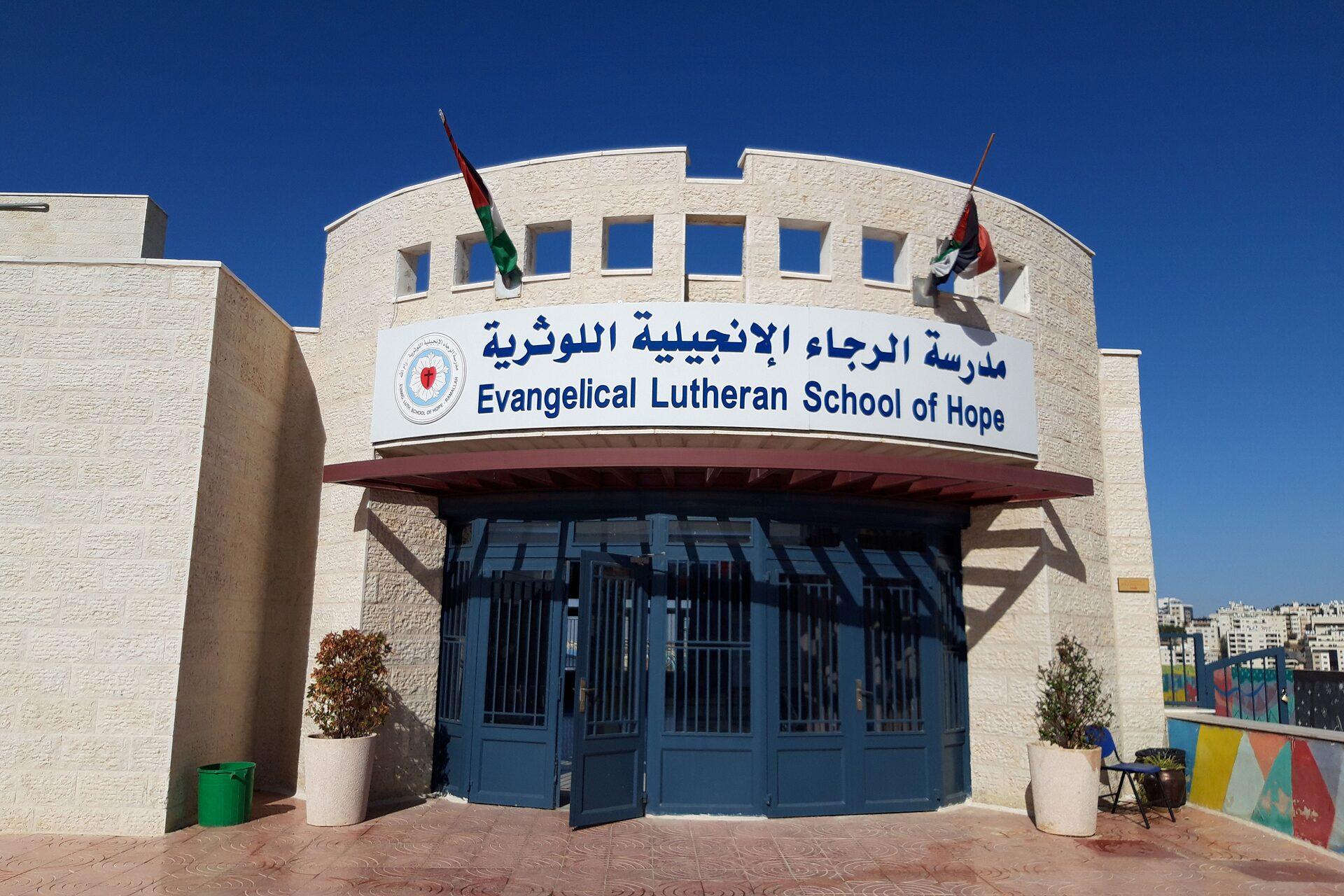Understanding Ramallah: Heart of Palestinian Culture and Politics

Introduction
Ramallah, located in the central West Bank, serves as a significant cultural and political centre for the Palestinian territories. Its relevance transcends geographical boundaries, acting as a beacon of hope, resilience, and identity for Palestinians. In recent years, its role in the ongoing Israeli-Palestinian conflict has heightened awareness and interest in this vibrant city.
Cultural Significance
Historically, Ramallah has been a bustling hub known for its diverse arts scene, delicious local cuisine, and thriving markets. The city is home to various cultural institutions, including the Palestinian Museum and numerous theatres that host local and international performances. The vibrant atmosphere exemplifies Palestinian heritage, with festivals such as the Ramallah Contemporary Dance Festival showcasing local and global artistic fusion.
Political Landscape
In addition to its cultural allure, Ramallah serves as the administrative capital of the Palestinian Authority. In recent months, Ramallah has witnessed increased international diplomatic activities following significant geopolitical shifts in the Middle East. With the ongoing discussions surrounding peace negotiations, it has become a focal point for dialogues regarding Palestinian statehood and Israeli relations. Recent meetings between Palestinian leaders and international diplomats suggest a renewed effort to move forward with peace talks.
Current Developments
As of late 2023, Ramallah is experiencing a period of both challenges and optimism. The ongoing conflict with Israel has brought about heightened tensions, yet the city has also seen significant strides in economic development, particularly with the support of foreign investments and partnerships. The local economy is diversifying, shifting from traditional sectors to technology and entrepreneurship, indicating potential growth amidst adversity.
Conclusion
As Ramallah continues to evolve, its dual role as a cultural and political epicentre remains crucial. The resilience of its population in the face of ongoing challenges is not only inspiring but vital for the global community to understand. Observers predict that as negotiations progress, Ramallah could play a pivotal role in shaping future relations in the region. For readers, staying informed about Ramallah’s developments can provide a deeper understanding of the complexities surrounding the Israeli-Palestinian conflict and the larger Middle East geopolitical landscape.
